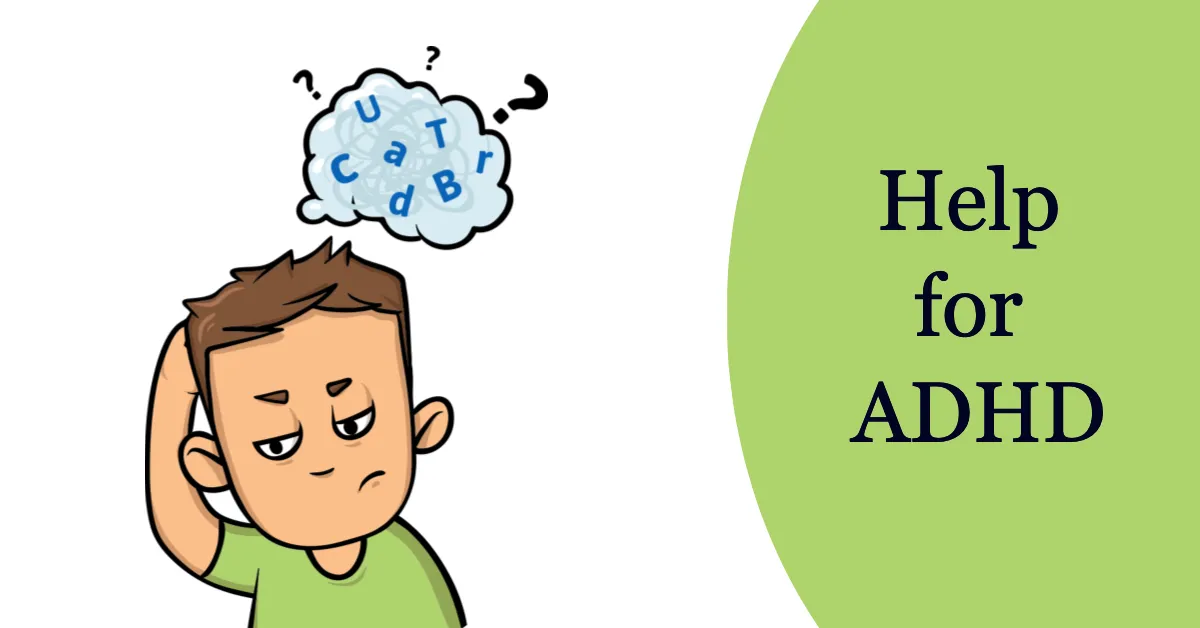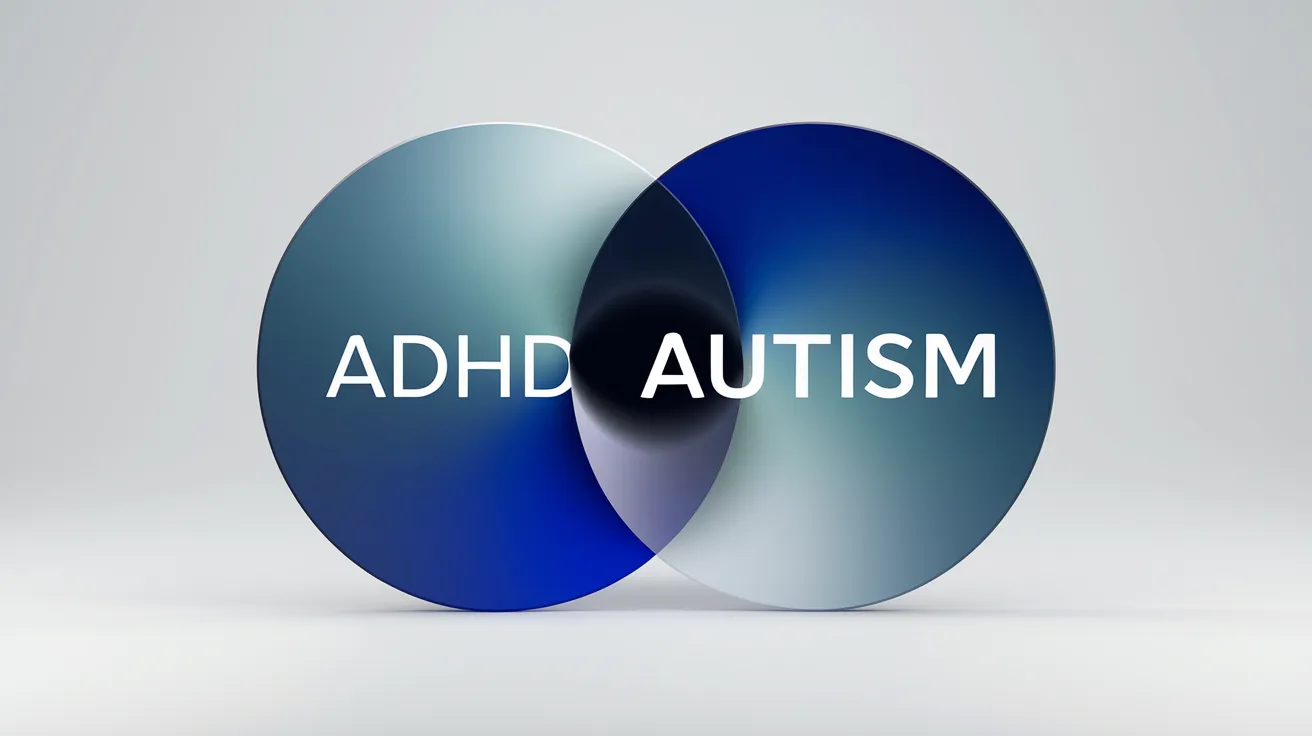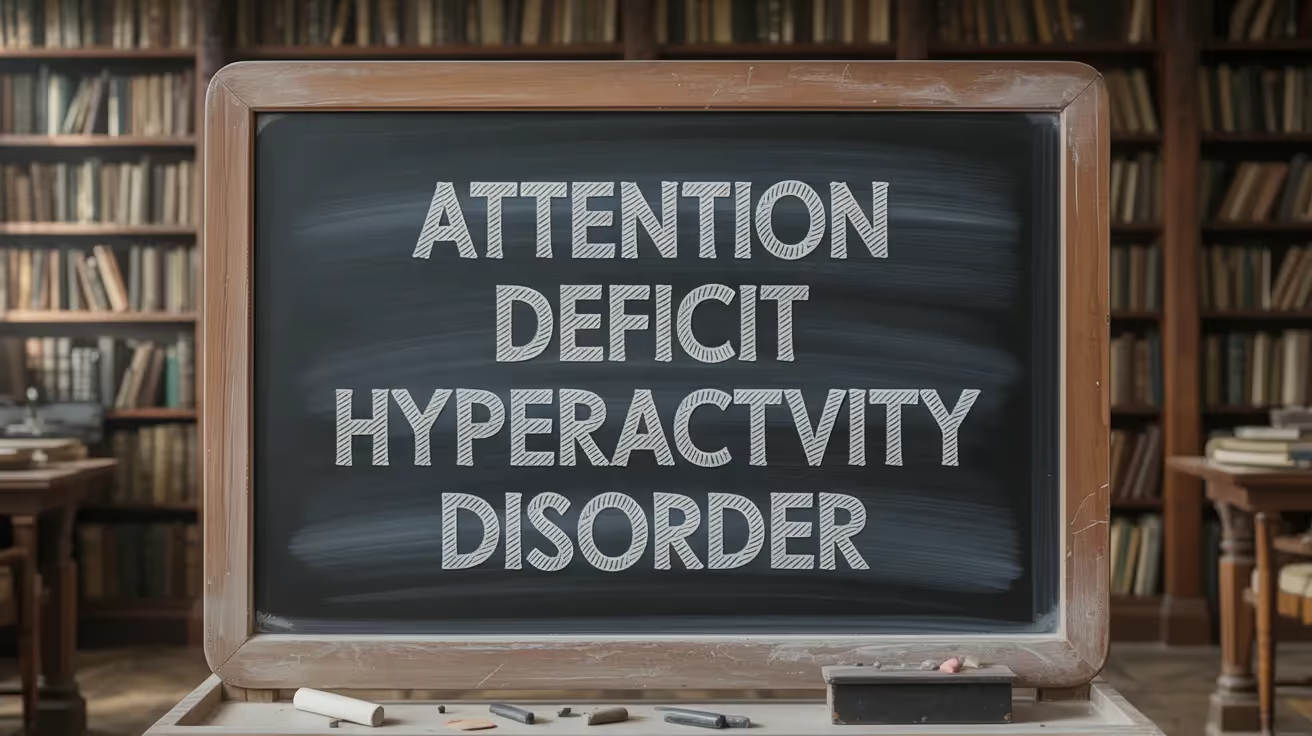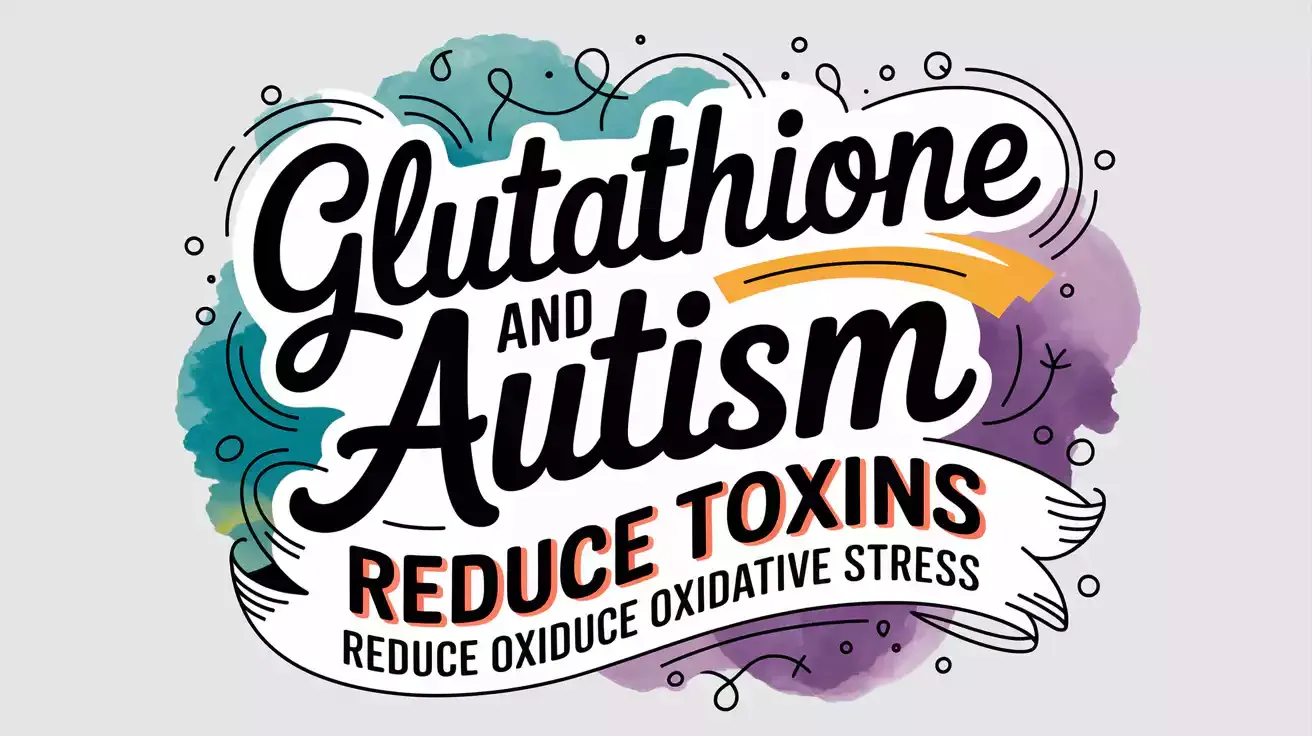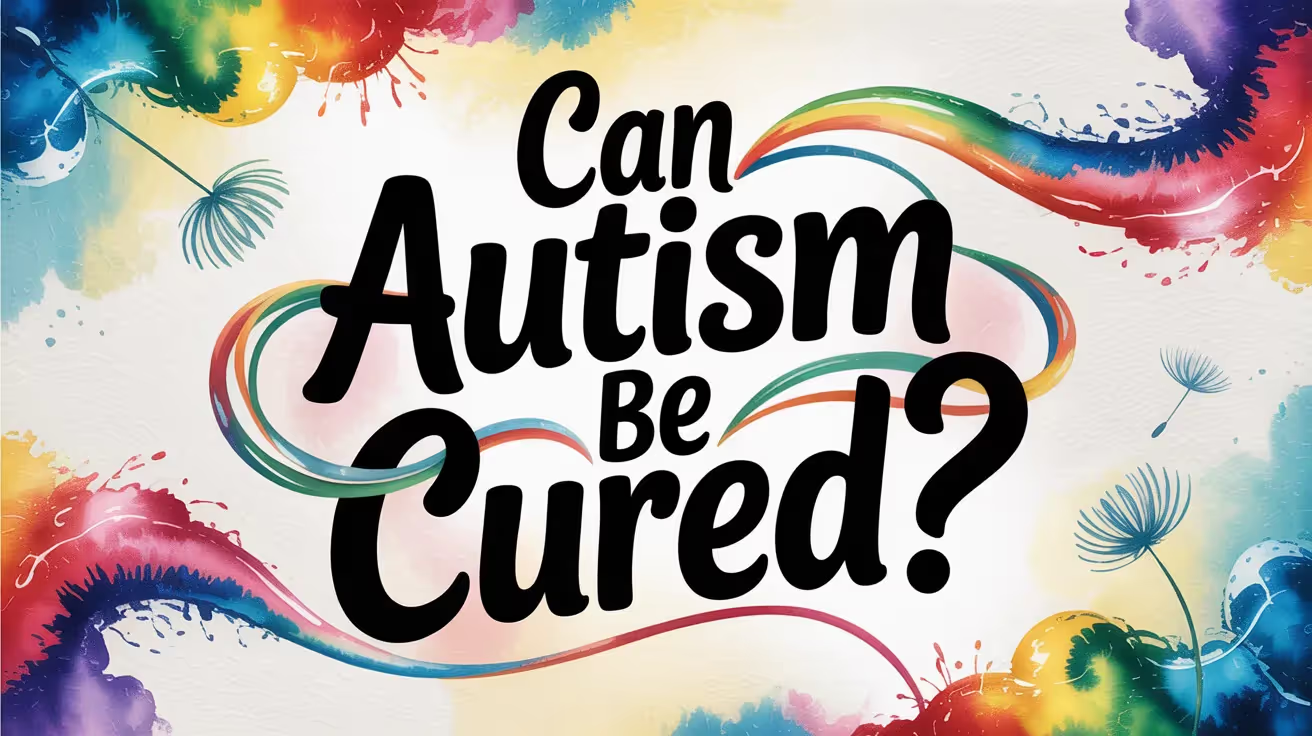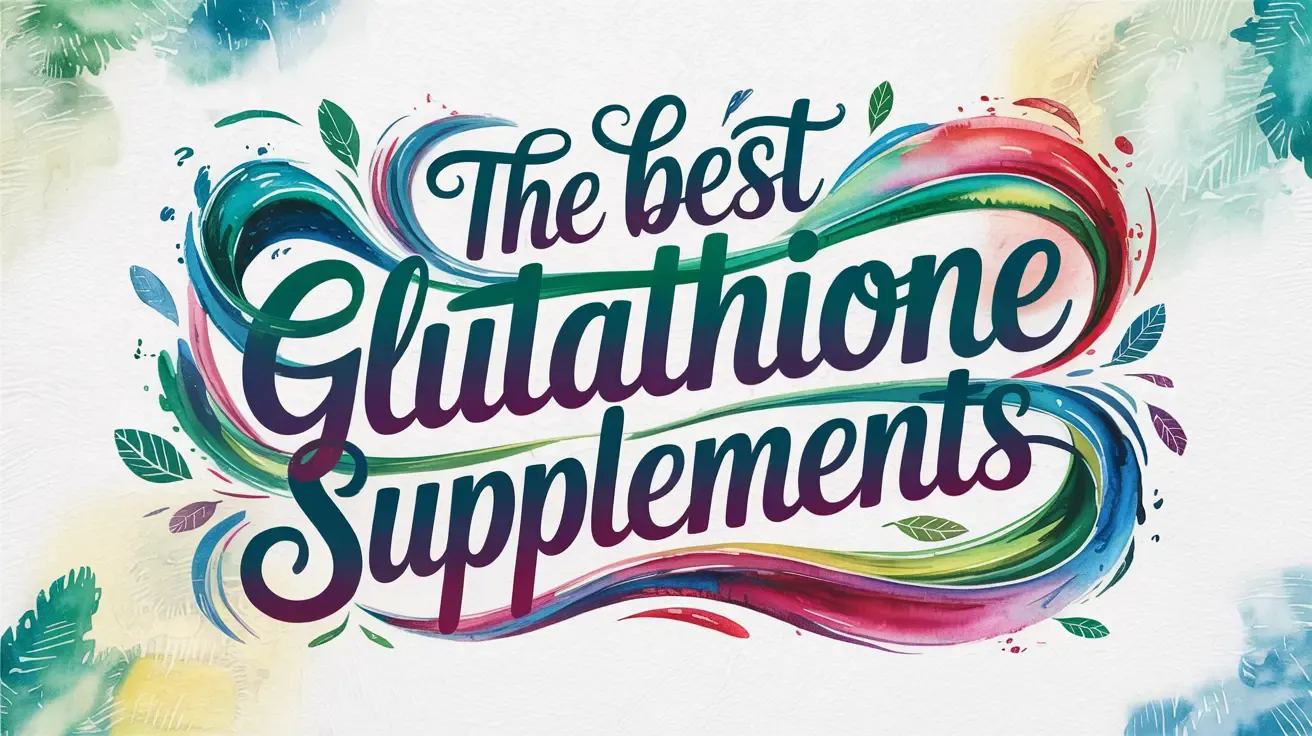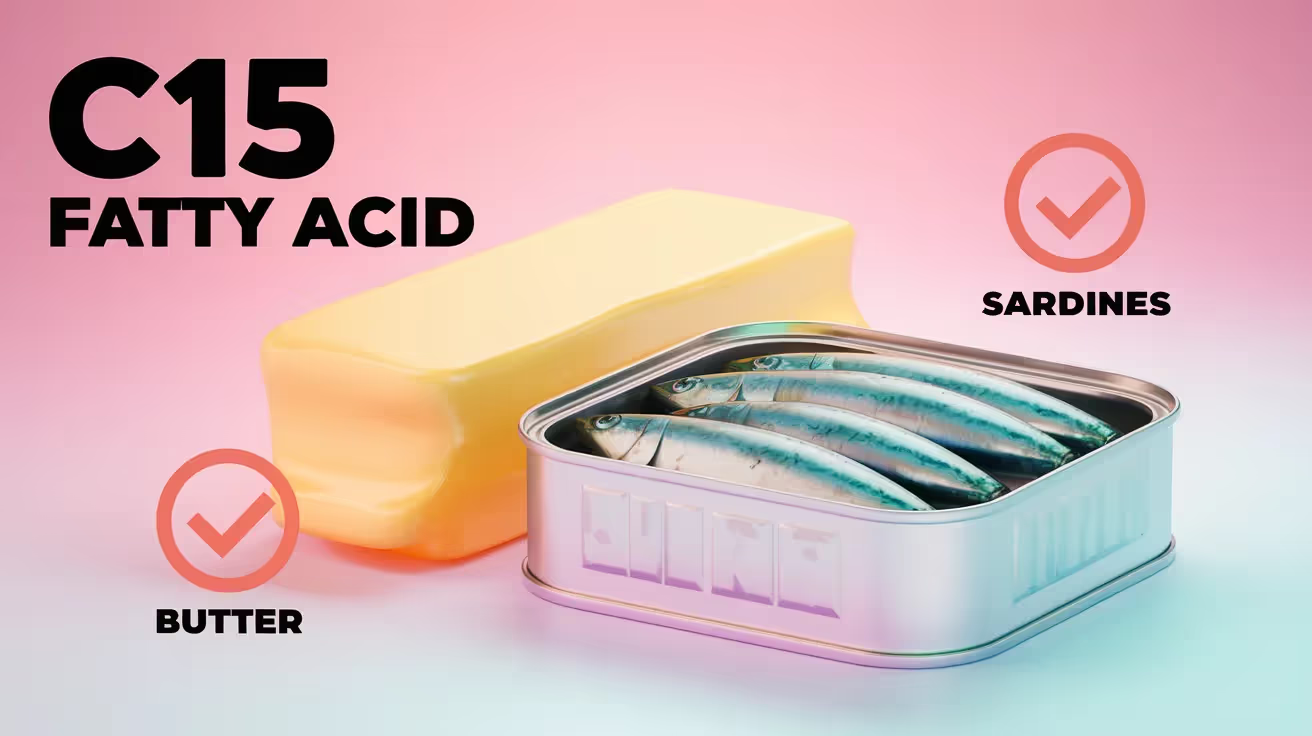Do you struggle with focusing and staying on task due to ADHD? You're not alone. Both children and adults often struggle with concentration and attention. While medication can be effective in managing symptoms, adopting a holistic approach that considers diet, lifestyle, and gut health can also be beneficial.
We will discuss things that affect attention and give tips for improving concentration and treating ADHD.
When it comes to ADHD, genetics may play a role, but environmental factors such as diet and toxins can also contribute to symptoms. It's important to consider all aspects of your lifestyle to improve concentration and attention.
You can manage ADHD symptoms and improve health and well-being by making small diet changes, exercising regularly, and reducing exposure to toxins.
In this article, we'll delve into the various components of a holistic approach to treating ADHD and provide evidence-based tips for improving concentration.
Key Takeaways
ADHD may be influenced by both genetics and environmental factors, including poor diet and exposure to toxins.
Improving gut health and adopting a nutrient-dense, low sugar diet can help improve concentration and treat ADHD symptoms.
Stress reduction and improving sleep through a calming bedtime routine are also important factors in addressing ADHD.
Phospholipids found in fish oils and stable, non-oxidized fats in the cell membrane are important for cell function and can benefit children with attention issues.
Diet and Lifestyle
If you want to improve your child's concentration and manage ADHD symptoms, it's important to focus on adopting a diet and lifestyle that is nutrient-dense and low in sugar. Eating real, unprocessed foods that are rich in nutrients can help support brain function and improve concentration.
You should also focus on promoting gut health by reducing poor quality carbohydrates and promoting good gut bacteria. Additionally, reducing stress and improving sleep hygiene can go a long way in improving your overall well-being and concentration.
It's important to approach this journey with compassion and a holistic mindset. Remember that improving your concentration is not just about restricting certain foods or adopting certain habits. It's about finding a sustainable lifestyle that works for you and supports your overall health and well-being.
Improve your family's health to help to improve their concentration. Take care of their gut, reduce stress and sleep better.
Environmental Factors
Exposure to lead, PCBs, or pesticides during pregnancy may increase your child's risk of developing attention issues. Studies have shown a possible link between these toxins and ADHD symptoms. As a parent, it's important to be aware of the potential risks and take steps to minimise exposure to these toxins.
This could include avoiding certain foods that may contain high levels of toxins, using natural cleaning products, and avoiding areas with high levels of pollution. It's important to approach ADHD from a holistic perspective, considering both genetic and environmental factors.
By taking a proactive approach to reducing exposure to toxins, you can help support your child's overall health and well-being. And by focusing on a nutrient-dense, low sugar diet and promoting gut health, you can also support their brain function and improve concentration.
Remember, every child is unique, and what works for one may not work for another. It's important to stay open-minded and work with a healthcare professional to find the best approach for your child.
Gut Health
Focusing on promoting gut health can have a significant impact on your child's overall brain function and behaviour. The gut and the brain are interconnected, and a poorly functioning gut can lead to an imbalance of neurotransmitters in the brain, which is often seen in ADHD.
Short-chain fatty acids produced in the gut can regulate gene expression and improve brain function, while a poorly functioning gut may have increased permeability, allowing substances to pass into the bloodstream that can affect inflammation and the brain.
Improving gut health can involve a variety of strategies, including eating a nutrient-dense diet of real, whole foods, reducing stress, and incorporating probiotics and prebiotics to promote healthy gut bacteria.
It's important to note that there is no one-size-fits-all approach to gut health, and what works for one child may not work for another. However, many parents have reported cognitive and behavioral improvements in their children after focusing on improving gut health.
By promoting gut health, you are not only improving your child's ADHD symptoms but also their overall health and well-being.
Potential Benefits
One potential benefit of adopting a nutrient-dense, low sugar diet and improving gut health is the positive effect it can have on brain function and behaviour. By providing the body with the necessary nutrients and promoting a healthy gut microbiome, individuals with ADHD may experience improved focus, attention, and overall mental clarity.
Additionally, reducing sugar intake can help stabilise blood sugar levels and prevent the energy crashes that often lead to distraction and restlessness.
Furthermore, improving gut health has been shown to have a significant impact on brain health and neurotransmitter production. This is particularly important for individuals with ADHD, as the condition is often considered a chemical imbalance in the brain. By addressing gut health, individuals may be able to correct this imbalance and experience a reduction in ADHD symptoms.
While more research is needed in this area, many people have reported cognitive and behavioural improvements after focusing on gut health.
Conclusion
Congratulations on taking the first step towards improving your concentration and treating ADHD! By adopting a holistic approach that focuses on diet, lifestyle, and gut health, you can make significant strides in managing your symptoms and improving your overall well-being.
It's important to remember that while genetics may play a role in ADHD, environmental factors such as diet and toxins can also contribute to symptoms. Eating more whole foods, less processed foods, and exercising more can improve brain health and boost focus.
In addition, taking steps to improve your gut health, reducing your intake of inflammatory foods, can also have a positive impact on your symptoms. While there is still much research to be done in this area, studies have shown promising results in the use of holistic approaches for treating ADHD.
By taking a comprehensive approach to your health, you can improve your concentration, boost your energy levels, and enhance your overall quality of life. Remember to be kind to yourself throughout this process, and celebrate each small victory along the way.
Take a deeper dive into how to help your child with ADHD in this more detailed post titled - ADHD and Improving Concentration: A healthier and more comprehensive approach.
Frequently Asked Questions
What are some simple ways to improve concentration if I have ADHD?
Improving concentration with ADHD can start with some practical, easy-to-implement strategies:
- Create a structured environment: Keep your workspace organized and free of distractions.
- Break tasks into smaller steps: Smaller, manageable chunks can make focusing easier.
- Use timers and alarms: Techniques like the Pomodoro Technique (25 minutes of work, 5-minute break) can help sustain attention.
- Limit multitasking: Focus on one task at a time to improve efficiency and reduce overwhelm.
- Establish routines: Consistent daily routines can help your brain anticipate and prepare for focused periods.
- Incorporate physical activity: Short exercise breaks can boost brain function and focus temporarily.
Alongside these, consider consulting a healthcare professional for tailored strategies and potential therapies or medications.
How does ADHD affect concentration, and what are the underlying neurological causes?
ADHD, or Attention Deficit Hyperactivity Disorder, affects concentration primarily because of differences in brain chemistry and structure. Specifically:
- Neurotransmitter imbalances: Dopamine and norepinephrine, chemicals that help regulate attention and focus, are often less active or available in individuals with ADHD.
- Prefrontal cortex differences: This brain region, involved in executive functions like planning and attention regulation, tends to develop more slowly or function atypically in people with ADHD.
These factors contribute to challenges in maintaining sustained attention, resisting distractions, and regulating impulses. Understanding these mechanisms helps guide effective treatments, including behavioral strategies and medication.
What types of medication are commonly prescribed to help improve concentration in ADHD, and how do they work?
Medicines prescribed for ADHD primarily fall into two categories:
- Stimulants: Such as methylphenidate (e.g., Ritalin, Concerta) and amphetamines (e.g., Adderall). These medications increase the levels of dopamine and norepinephrine in the brain, improving attention and reducing impulsivity.
- Non-stimulants: Like atomoxetine (Strattera) or guanfacine. These can be prescribed if stimulants are not effective or cause significant side effects. They work by affecting different neurotransmitter pathways to enhance focus and impulse control.
It's important to note that medication effects vary individually, and a healthcare professional should tailor the approach. Monitoring and adjusting doses are essential to maximize benefits and minimize side effects.
Can neurofeedback or biofeedback methods help improve concentration for people with ADHD?
Yes, neurofeedback and biofeedback are emerging non-pharmacological approaches aimed at training individuals to regulate brain activity and physiological processes associated with attention and relaxation.
Neurofeedback involves using real-time EEG recordings to help individuals learn to increase activity in brain regions linked to focus and decrease activity related to distractibility. Over time, this can enhance self-regulation skills.
Biofeedback typically monitors physiological signals like heart rate, skin conductance, or muscle tension, teaching users to control these responses to reduce stress and improve focus.
While some studies suggest these techniques can be beneficial as part of a comprehensive treatment plan, they are still considered complementary therapies. Effectiveness varies between individuals, and consulting a trained clinician is recommended before starting neurofeedback or biofeedback programs.
What advanced strategies or technologies are available to optimize concentration for adults with ADHD?
For adults with ADHD seeking to optimize concentration using advanced tools, several innovative strategies are available:
- Digital apps and software: Focus-enhancing apps with customizable timers, task management, and distraction blocking (like Freedom, Forest, or Focus@Will).
- Cognitive training programs: Digital platforms that deliver targeted exercises designed to improve working memory, attention span, and executive function.
- Wearable technology: Devices that monitor physiological signals, give real-time feedback, and help manage stress and alertness levels.
- Environmental customization: Using sound masking, noise-canceling headphones, or specific lighting setups to create optimal working conditions.
- Personalized neurostimulation: Emerging tech such as transcranial direct current stimulation (tDCS) shows promise but requires professional guidance and research-backed protocols.
Ultimately, combining these tools with behavioral strategies and professional support can lead to significant improvements in concentration. It's advisable to consult healthcare providers or specialists in neurotechnology to determine the best options for your specific needs.


